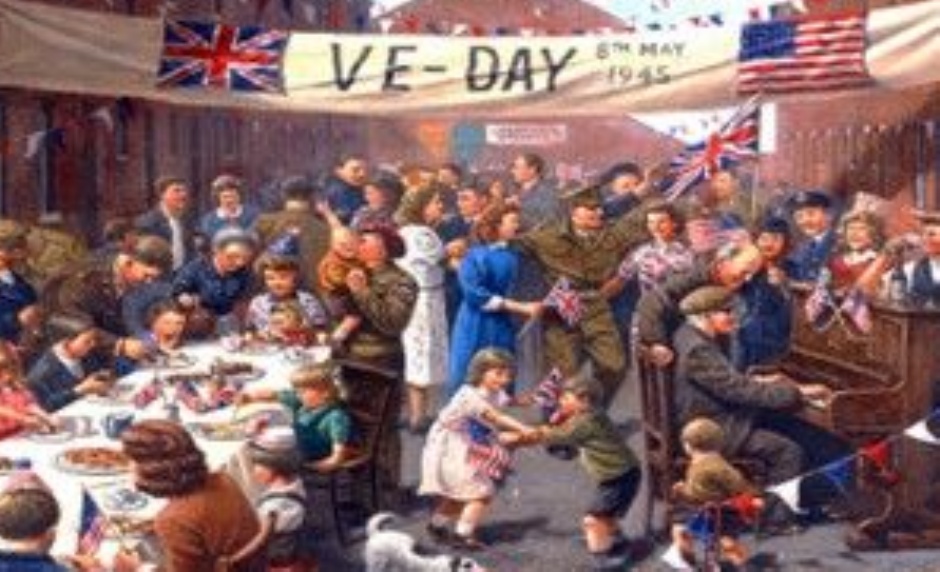Remembering for the Future: Why Collective Memory Matters for Children’s Wellbeing

As the world marked the 80th anniversary of Victory in Europe (VE) Day on May 8, 2025, millions paused to reflect on the end of World War II in Europe — a day of relief, courage, and collective triumph.
For children today, born into an entirely different world, the significance of that day may seem distant. But commemorations like VE Day hold vital importance for young minds, not just historically, but emotionally and socially.
Understanding and sharing our past — what psychologists and educators call collective memory — plays a meaningful role in children’s wellbeing. It connects them to their communities, teaches empathy, and gives them the emotional tools to navigate a complex world.
When children learn about VE Day — through stories from grandparents, school projects, or community events — they discover that they are part of a bigger story. This helps them understand who they are and where they come from. Feeling connected to history and family gives children a stronger sense of identity and belonging, which is essential for their emotional development.
Children often face challenges that feel overwhelming. Hearing about the courage and strength of people during WWII — including children who were evacuated, families who rationed food, and communities that supported each other — helps young people understand that it’s possible to get through difficult times. These stories provide real-life examples of bravery, kindness, and perseverance, which can build confidence and inner strength.
Talking about war and peace in age-appropriate ways helps children develop compassion. When they learn that people suffered, made sacrifices, and helped each other, they begin to understand the importance of kindness and caring. Learning about both the pain and hope of the past gives children the tools to relate to others and make thoughtful, ethical decisions in their own lives.
Children experience grief, fear, and uncertainty too — even if they don’t always have the words for it. Events like VE Day offer a safe and supported space for children to explore these emotions. Through ceremonies, art, writing, and storytelling, children can process feelings in healthy ways. Shared remembrance teaches them that it's okay to feel, and that feelings are part of being human.
As families, we can support this in a number of meaningful ways:
- Tell stories: Share age-appropriate stories about family history or historical events. Ask children how they feel about them.
- Create together: Encourage children to draw, write, or perform something inspired by what they’ve learned — a poem, a thank you letter to a soldier, or a picture of what peace looks like for them.
- Visit memorials: Take part in community commemorations or visit museums and memorials to bring history to life.
- Ask questions: Invite children to ask about the past — and listen with patience. Curiosity is the starting point of connection.
- Focus on hope: Emphasize stories of courage, friendship, and rebuilding. These inspire children to believe in their ability to shape a better future.
As the last generation to have lived through World War II leaves us, children will become the keepers of those memories. What they remember — and how they remember — will influence how they treat each other, how they handle conflict, and how they care for the world around them.
By helping children remember VE Day and the stories behind it, we are doing more than teaching history. We are giving them a strong foundation of identity, empathy, and resilience; essential ingredients for mental and emotional wellbeing.
Craig Cuyler
Designated Safeguarding Lead/Director of Wellbeing/Head of PSHEe








